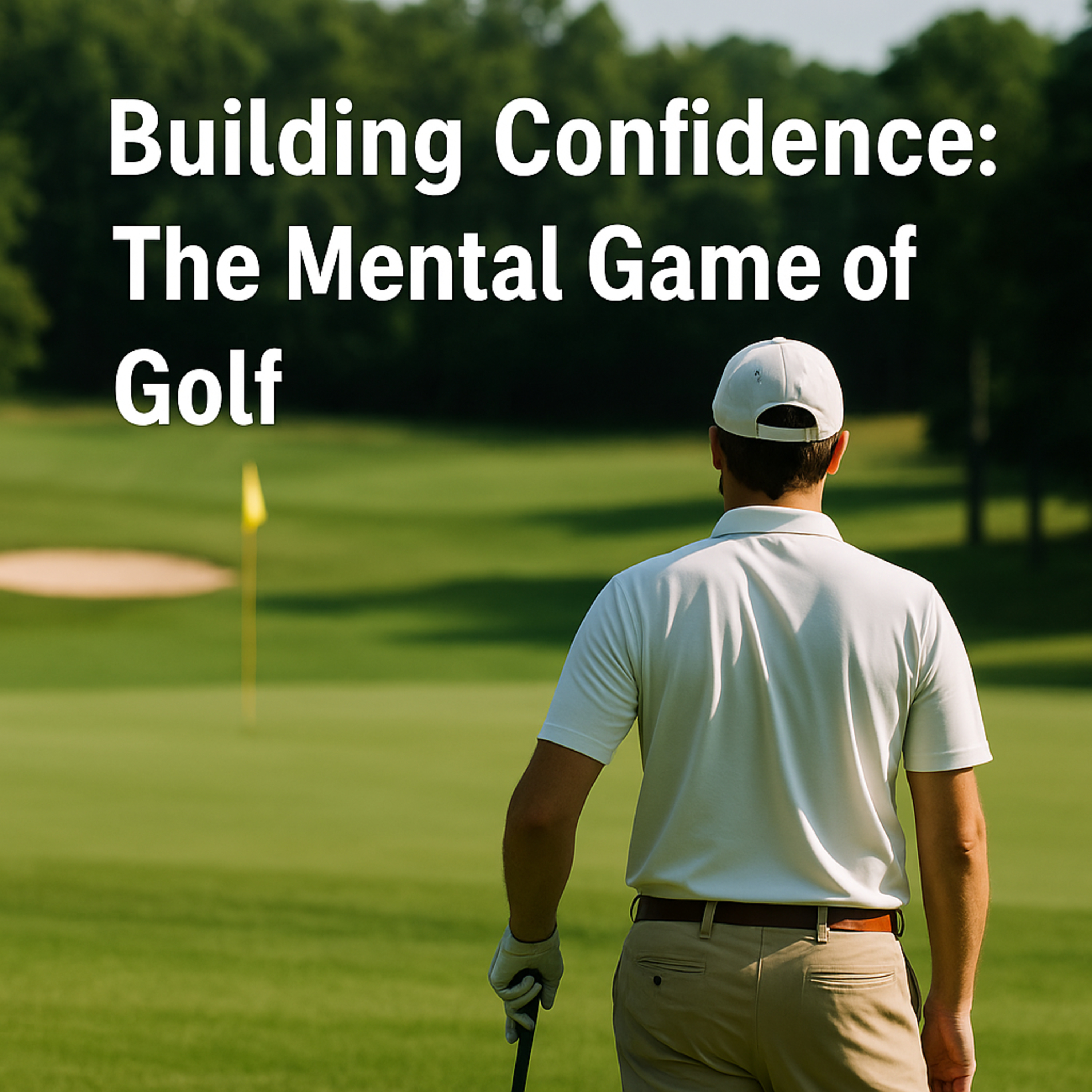#337 Building Confidence: The Mental Game of Golf
- Author
- Golf247.eu
- Published
- Fri 05 Sep 2025
- Episode Link
- https://podcasters.spotify.com/pod/show/puttin-pro/episodes/337-Building-Confidence-The-Mental-Game-of-Golf-e376mfe
From Jack Nicklaus to Greg Norman, history’s best golfers remind us that performance is as much a battle of the mind as it is of mechanics. Confidence and mental toughness separate winners from strugglers—and both can be cultivated deliberately.
Belief in Ability
Jack Nicklaus once said: “Believe you can knock them in the hole and you’ll knock them in. Believe you can’t. And you won’t.” Larry Gilbert echoed this truth: “Confidence is 90% of the battle.” Mike Hill linked toughness directly to winning, while Ben Crenshaw reminded himself in pressure moments, “You’ve been there before—you can do this.”
Positive Focus and Self-Talk
Golfers grow what they feed their attention. Sam Snead urged players to recall their good shots instead of their errors. Greg Norman routinely encouraged himself with lines such as: “You know this shot cold. You’ve hit it stiff a thousand times.” After executing, he reinforced success: “Damn, Greg, I’m impressed with that one.” Johnny Miller’s father drilled into him the habit of “accentuating the positive and eliminating the negative”—a foundation of his mental toughness.
Top players recommend talking to yourself as you would to someone you care about: encouraging, supportive, and constructive. Quiet acknowledgment, an inner smile, or a whispered “Great shot” helps stamp success into memory without over-arousal. Reviewing a scorecard afterward with attention to the best shots deepens recall and confidence.
Managing Mistakes
Walter Hagen accepted seven bad shots per round as part of the game. By expecting errors, he avoided wasted emotion. Modern statistics confirm: even the best hit under 13 greens per round and convert only about half of six-foot putts. Self-blame or mechanical over-analysis after mistakes drains confidence. The better choice is perspective, resilience, and quick reset.
Rocco Mediate’s recovery from a disastrous start—turning six-over into even par—reshaped his belief that adversity could be overcome. Accepting compliments with a simple “thanks” without negation also sustains self-worth.
Self-Reinforcement: The Foundation of Confidence
The central principle is simple: what you feed attention grows. By consciously acknowledging successes, golfers transform fleeting moments into lasting belief. Self-reinforcement may take the form of diaries of positive dialogue, video reviews of past wins, or mindful quiet recognition of good shots. Over time, this style of inner communication reshapes thinking habits, intercepts negativity, and builds the mental toughness required for consistent performance.
Performance Impact
Confidence contributes 60–70% of the mental game. With it, golfers feel relaxed, in control, and see success before it happens. Without it, negative self-talk drains focus, heightens tension, and accelerates decline. As Greg Norman put it, internal words can be “more encouraging than the cheers of the gallery.”
Nicklaus reminds us that while grip, eye position, and a natural stroke matter, “it’s all in the mind.” The true champion’s edge lies in cultivating belief, reinforcing positives, and refusing to let mistakes define the round.
In essence, confidence is not a gift but a discipline—built shot by shot, word by word, until self-belief becomes the most reliable club in the bag.
